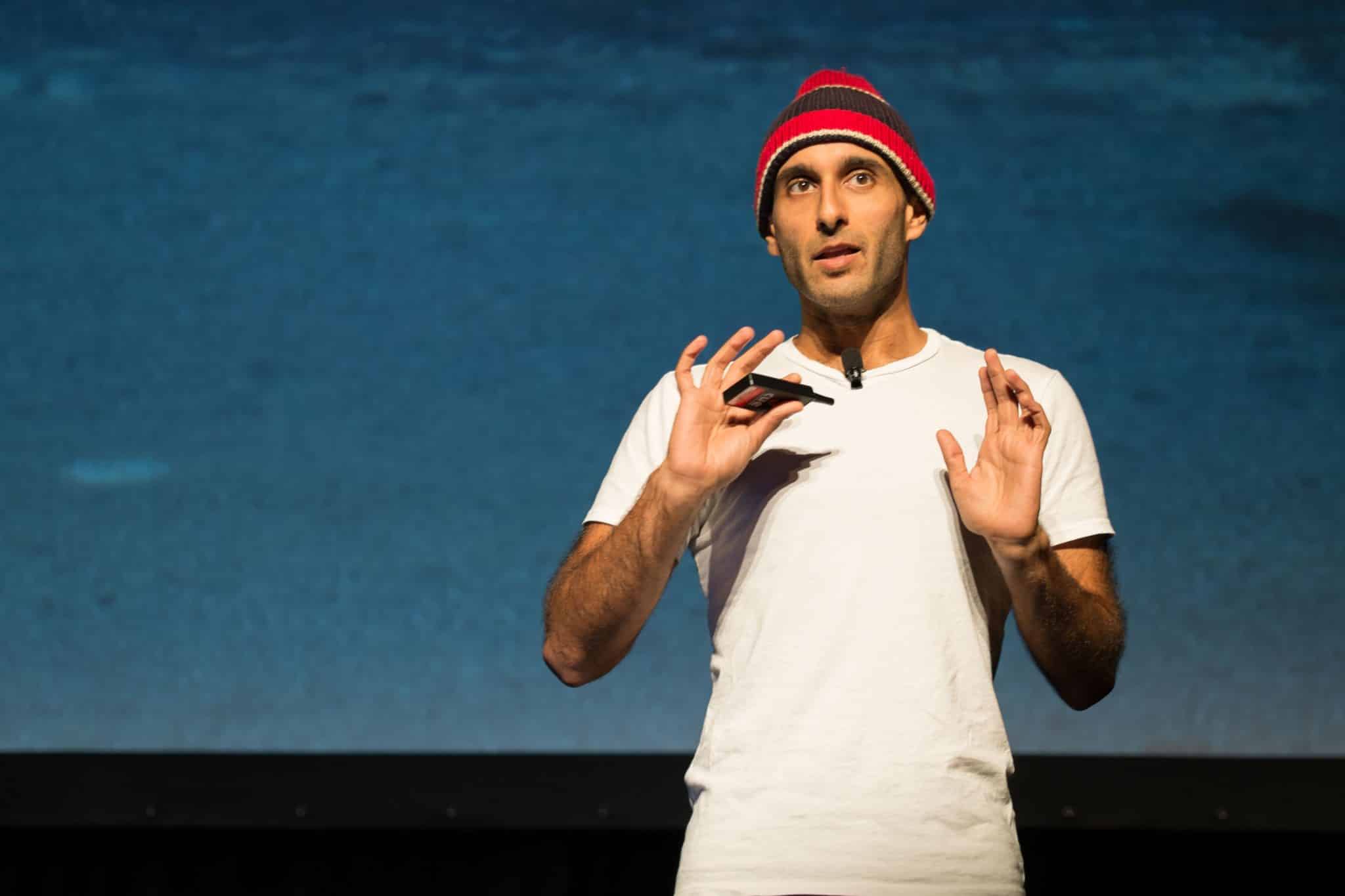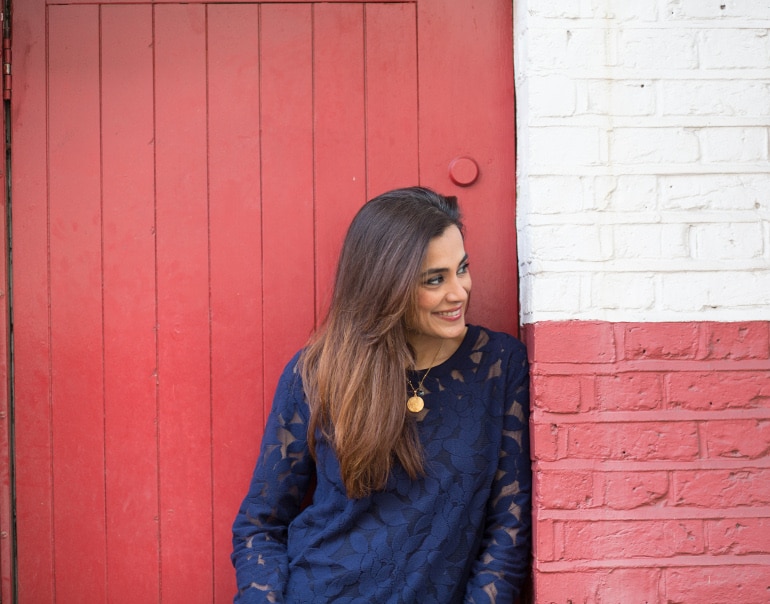Fiction Writer Deborah Willis on Becoming a Writer, Distractions, and Retraining Her Brain

At Freedom we love our users – not just because they use our product but because they’re cool – cool people working on cool stuff. Academy Award-nominated screenwriters, best-selling authors, editors, designers, star TV actors & writers, academic researchers, and entrepreneurs – the Freedom community is packed with curious, creative, and efficient go-getters. We love to share their stories and advice, because how better to learn about productivity than from the productive?
This week’s Freedom spotlight goes to award-winning fiction writer Deborah Willis. Born and raised in Calgary, Canada, Willis’ stories have received various awards and have appeared in The Iowa Review, The Virginia Quarterly, Lucky Peach, and Zoetrope. Her first book, Vanishing and Other Stories, was called one of the best books of 2010 by NPR and praised by Alice Munro for its “range and depth…clarity and deftness.” Her latest collection of fiction, The Dark and Other Love Stories is set to release today, so be sure to check out her website at deborahwillis.ca to learn more!
How did you reach this point in your professional life? What led you to do what you do today?
This question feels almost impossible to answer because I’ve wanted to be a writer since I was about nine years old. I loved to read as a kid, then studied English and Creative Writing at university, then worked in an independent bookstore for seven years, and am now an editor with Freehand Books, a small press based in Canada. But being a writer, or doing any creative work, is never a linear career trajectory.
The most important part of my development as a writer, I would guess, is that I’ve always been fairly quiet, an observer by nature. I also had to develop some skills that weren’t innate to me: the ability to stay calm in the face of insecurity, to trust my own voice, to keep working even when the result may end up being very different from what I’d envisioned. Being a writer requires a mix of self-erasure and self-confidence, and you have to accept a lack of material security while also busting your ass within the capitalist economy. Basically, writers seem to constantly walk the line between having a career and having a vocation. I feel that I’m still learning how to manage these contradictions, just as I’m always learning about the craft of writing itself.
What advice would you offer less experienced writers – especially in regard to staying productive, motivated, and focused?
I remember feeling a few years ago that my brain was changing. I was having trouble focusing while reading books, and would even switch from reading one book to another to another in the span of half an hour—just the way a person surfing the internet skips from one link to another. It truly scared me, and I decided to retrain my brain, because I knew that the ability to focus was essential not only to my work, but to my happiness and sense of self. So my advice to other writers would be to monitor your own mind, to be honest with yourself about your current capabilities, and take action to restore or improve your concentration and focus. I continually have to do this, because new distractions always seem to be conspiring against me.
What excites you most about your industry?
In this Trump-ified world, what excites me most about books is that they are objects that require thoughtfulness and deep consideration. Books are an antidote to the rushed conclusion, the simplified answer, the slogan. Well, Mein Kampf repudiates everything I just said, but I still maintain that, in general, reading is incredibly challenging, far more active for the mind than passively watching a screen. So it encourages me and gives me hope when people are willing to put the time and effort into reading because it shows empathy and deep engagement with the world.
I also like to think that reading hones a person’s imaginative abilities. And now that we’re witnessing the mass rage that globalization has engendered, we need all the imagination we can get. I hope we can use our big, empathetic, emotional, rational, complex minds to think up alternative ways of running our communities—alternatives that might allow for more global stability, happiness, diversity, environmental stewardship, and kindness.
When are you most productive, and how does this shape your daily working routine?
I’m most productive in the mornings, which is when I write creatively. In the afternoons, I do my editing work, catch up on email, and, you know, take a nap. And I reserve the evenings for exercise and cooking, hanging out with my partner and our cat, and seeing my family and friends. Keeping the body and spirit healthy seems to me to be central to keeping my mind focused and calm.
What resources or tools do you use daily and have found most beneficial to your writing or creative process?
Writing is wonderful because it requires so few expensive tools. I have a notebook, pens, books and a laptop, and with those, I can create whole worlds! I also use Freedom every day when I write. I turn it on in the morning to block my biggest distractions and leave it on for most of the day.
What project are you currently most excited about?
I am currently most excited about my forthcoming book, The Dark and Other Love Stories, a book of eleven stories about love in all its guises. One story is about an intense friendship between two girls at summer camp, another is about a man who adopts a pet crow, and another is about a man whose girlfriend is leaving him so that she can star on a reality show and try to win a seat on the first manned mission to Mars. The book isn’t all about romantic love, but is about the bonds that tie us to each other and the world.
What are your biggest distractors?
I’m embarrassed to admit that celebrity gossip is my downfall. And I’m also not embarrassed to admit it, because I can justify it by telling myself that gossip is the study of character—what makes a person succeed or fail or sell-out or humiliate themselves are all interesting subjects for a writer. I’m also deeply interested in the public’s reactions to a celebrity gossip story because it enables us to take the moral temperature of our times. And celebrity gossip, if it’s delivered with some intelligence, tells us a lot about the social and economic system in which we live. The celebrity ecosystem is an exaggerated version of the hyper-capitalist world wherein we all attempt to survive, so it’s fascinating to watch these beautiful creatures navigate its treacherous waters.
How do you stay motivated and continue to push yourself?
My curiosity drives my writing, as does my desire to put good work into the world. I feel so grateful when someone reads my stories, so have a strong sense of responsibility to readers. If people are willing to give me their time, in return I want to do my best to give them something beautiful, funny, and meaningful.
What are you hoping to accomplish in 2017?
My goal for this year is to complete a draft of a novel. Even if it’s a terrible draft! Terrible writing can be improved upon, whereas blank pages are dead ends. I tell myself that every damn day. This project is so big and unwieldy that accepting that my draft will probably be bad—that drafts are allowed to be bad—seems to be the only way to get myself to sit in my chair and work.
To learn more about Deborah Willis or where to find her books and stories, visit deborahwillis.ca!


